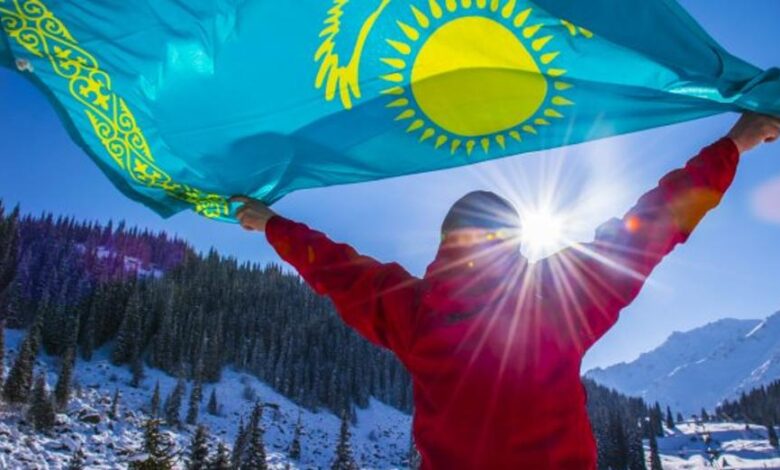Kazakhstan Supports Nearly 11,000 Kandas and Resettlers with Adaptation and Integration Services
Since the beginning of the year, around 10,900 kandas (ethnic Kazakhs) and resettlers in Kazakhstan have received comprehensive adaptation and integration support. These individuals, who voluntarily moved to designated resettlement areas within Kazakhstan, have benefited from a range of services aimed at helping them settle into their new communities, according to the Ministry of Labor and Social Protection of the Population.

The adaptation services cover 25 categories, including information, legal, social, medical, and educational assistance, which facilitate smoother integration for both kandas and resettlers. As of November 1, the Ministry reported that 8,719 kandas and 2,161 resettlers have received these services.
Services begin from the initial application stage, where a career center representative provides guidance on resettlement conditions, documentation requirements, and support available in the resettlement regions. Once a region is determined, applicants are provided with details about local support measures, temporary accommodation, and integration services. Documents are submitted digitally via systems such as the “Kandas” and “Labor Market” platforms, after which an individualized adaptation plan is created to guide the relocation process.
Each plan includes details on:
- Travel and accommodation in the selected resettlement area;
- Financial aid processing, including economic mobility certificates;
- Employment, including opportunities for professional training if needed;
- Housing arrangements, with possible economic mobility payment support;
- Family adaptation and integration.
Kazakhstan’s Digital Family Card and the FSM Social mobile app monitor these services for up to five years to ensure continued support.
The regions designated for kandas include Akmola, Abay, Kostanay, Pavlodar, East Kazakhstan, and North Kazakhstan. For other resettlers, designated regions include Ulytau, Abay, Kostanay, Pavlodar, Karaganda, East Kazakhstan, and North Kazakhstan.
Kandas and resettlers who have moved to labor-deficit regions receive a set of state support benefits within an established quota:
- A relocation subsidy: a one-time payment of 70 MCI (around 258,440 tenge) per family member;
- Monthly housing and utility subsidies for up to 12 months, ranging from 55,380 to 110,760 tenge depending on family size and location;
- Referrals for short-term vocational training;
- Employment assistance and entrepreneurial support;
- Economic mobility certificates.
Additionally, employers who assist with interregional resettlement receive a one-time subsidy of 400 MCI for each employee who is provided with housing and guaranteed a minimum two-year job contract.
The current mechanism for providing these services was piloted in 2023 in East Kazakhstan and Pavlodar regions.



